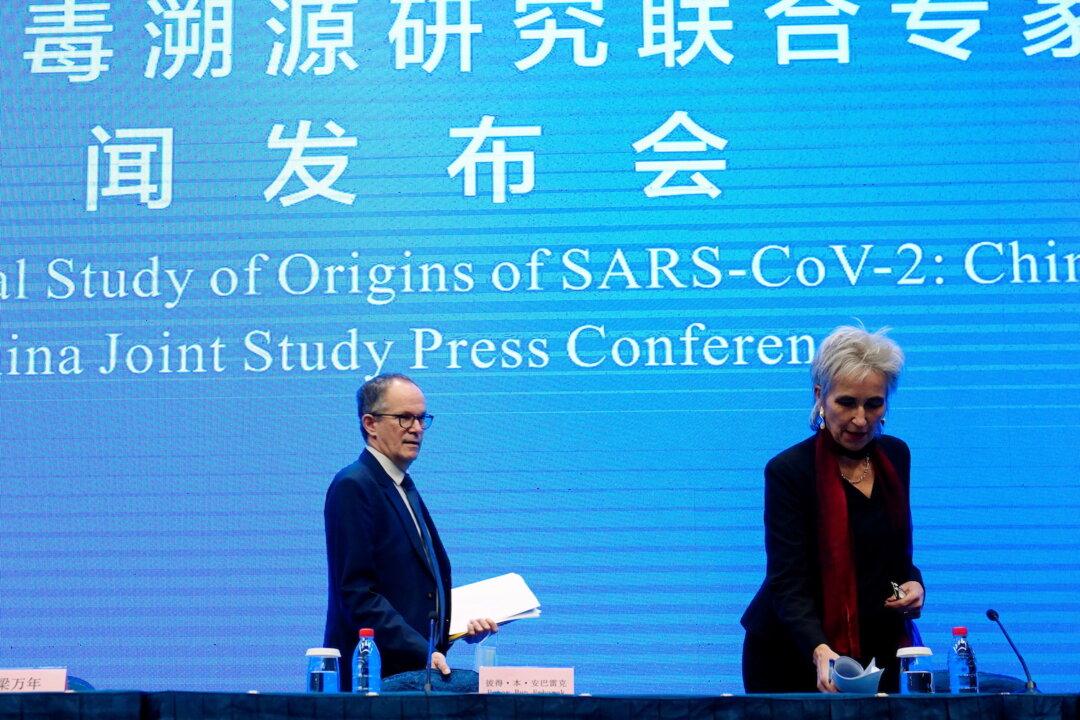GENEVA—The World Health Organization (WHO) said on Friday it was setting up a new group to trace the origins of the coronavirus, seeking to end what it called “political point scoring” that had hampered investigations.
The inability of the WHO to say where and how the virus began spreading has fueled tensions among its members, particularly between China, where COVID-19 cases were first identified in Wuhan in late 2019, and the United States.





